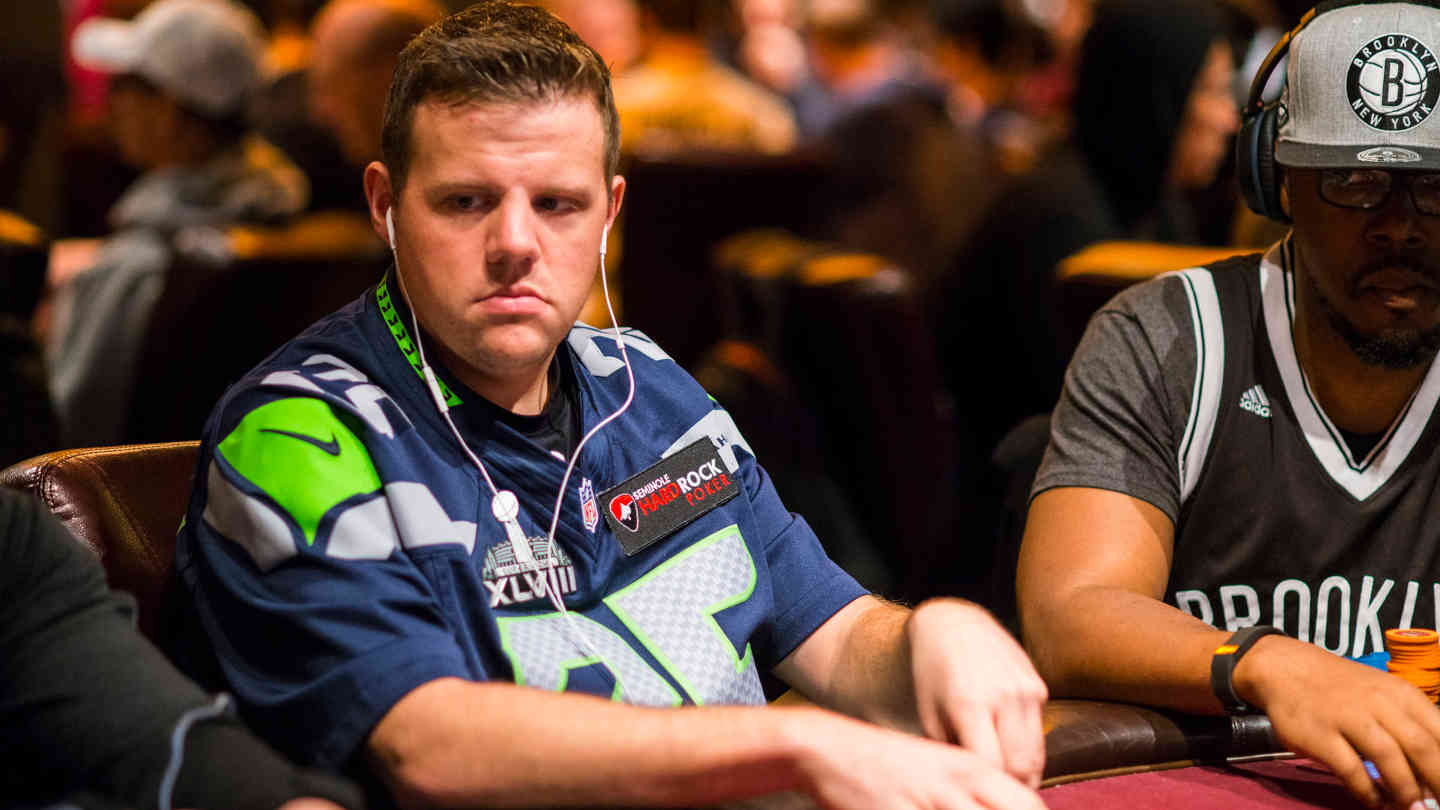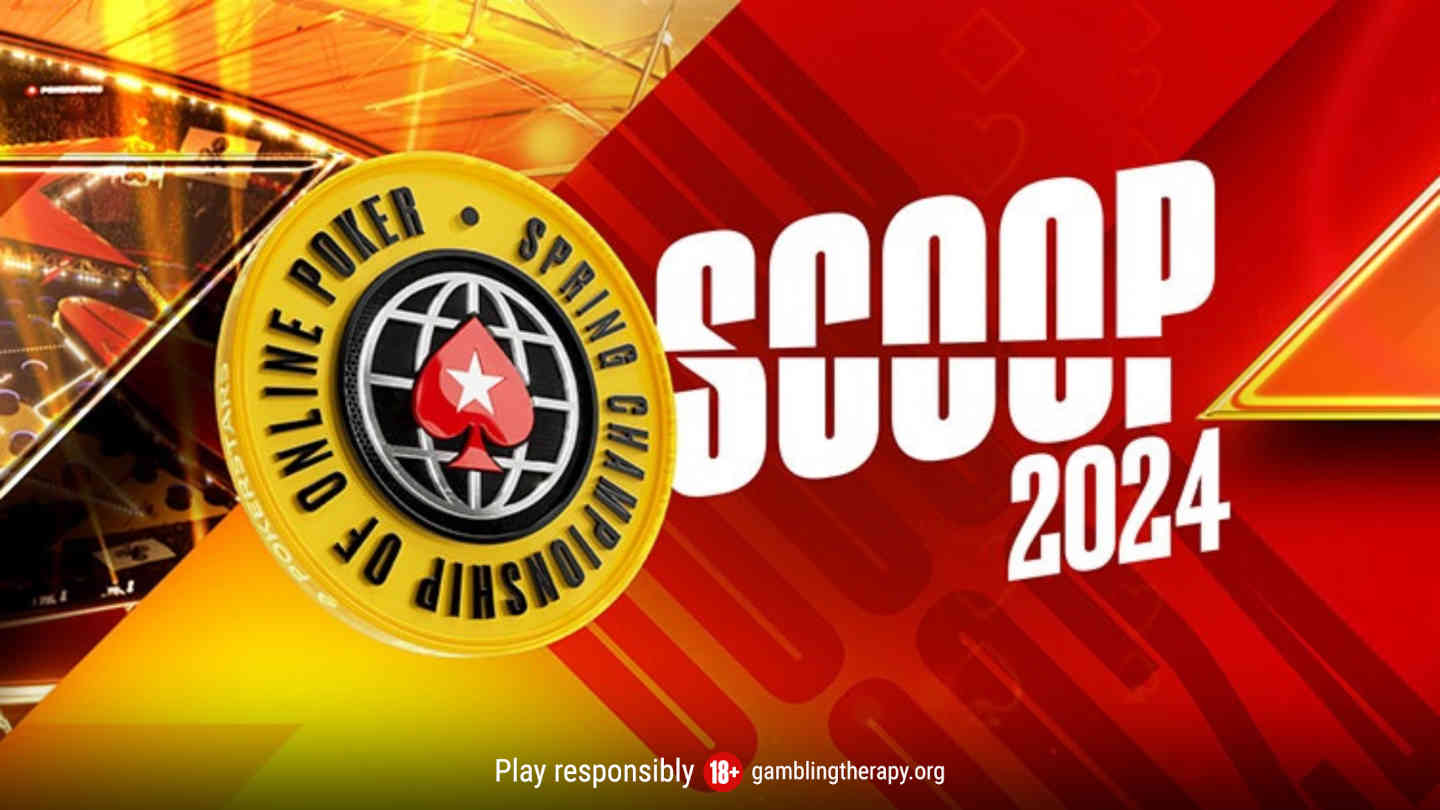The Only Poker Strategy Guide You’ll Ever Need
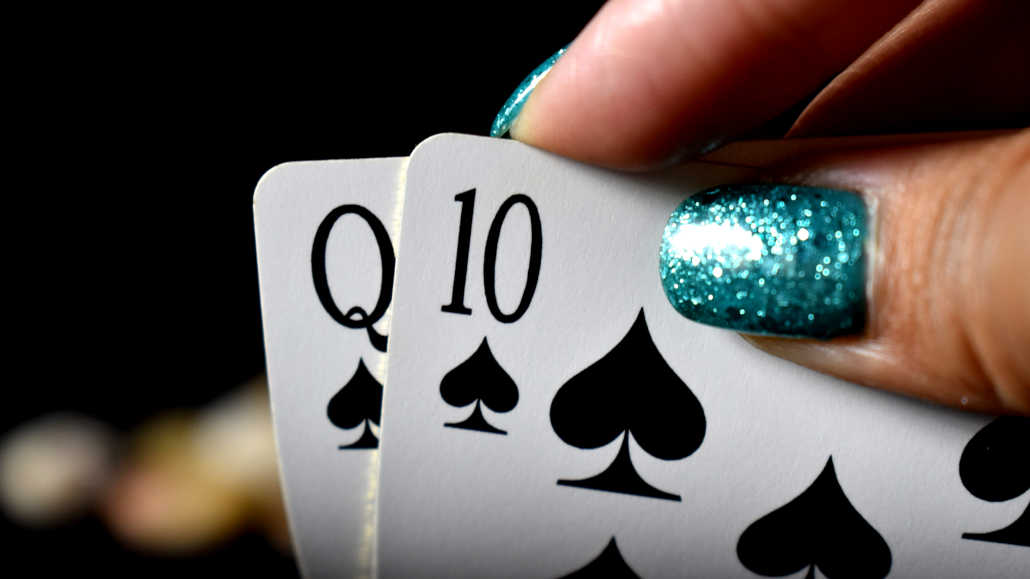
3 minutes
Last Updated: September 20, 2022
Poker is a game of skill, and like any other game, it has strategies that can be learned and used to increase your chances of winning.
While there is no one perfect poker strategy guide that will work for everyone, there are some basic principles that all players should keep in mind when trying to improve their game.
One of the most important things to remember is that poker is a game of incomplete information. This means that you will never have all the information you need to make the perfect decision every time.
Instead, it would help if you learned to use the information you have to make the best possible decisions.
However, you can read the bitstarz review to get all the information you need about this comprehensive crypto casino platform to enjoy some of the best games.
Another essential thing to remember is that poker is a game of people. This means that your opponents are just as important as your hand.
It would help if you learned how to read people and figure out what they may be holding. This will give you a significant advantage in making the right decisions at the table.
Finally, don't forget that poker is a gamble. No matter how good you are, some element of luck will always be involved.
This doesn't mean you can't win, but it does mean that you need to be prepared for losing and winning streaks. The best way to do this is by setting limits on how much you're willing to lose in any given session.
By following these basic principles, you'll be well to becoming a successful poker player.
Beginner’s Guide to Poker Strategy
If you’re new to poker, the vast array of options available can be daunting. But don’t worry – we’re here to help you start your poker journey with this beginner’s guide to poker strategy.
The first step is to understand the different types of poker games. The most popular ones are Texas Hold’em, Omaha, and Seven-Card Stud.
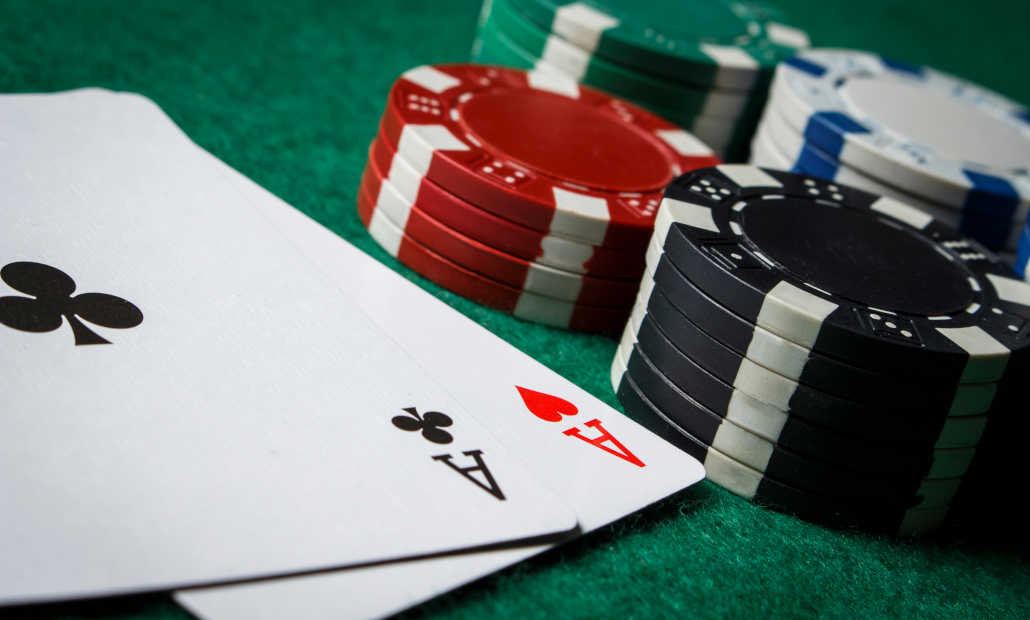
Each has its own set of rules, so choosing the game that best suits your skills and interests is essential.
Once you’ve selected a game, it’s time to start developing your strategy. An excellent place to start is by studying the odds and probabilities associated with the game.
This will give you a better understanding of making decisions based on the cards you have been dealt.
It’s also important to pay attention to your opponents and their betting patterns. This will give you an idea of what they might be holding and help you make more informed decisions about your hand.
Finally, don’t forget to practice! The best way to improve your poker skills is by playing against other people. You can do this online or in person at a casino or poker room.
Can These Strategies Be Used in All Types of Poker Games?
There is no one-size-fits-all answer to this question, as the strategies that work for one type of poker game may not be effective in another.
However, some general tips that can be applied to most poker games include studying your opponents, paying attention to betting patterns, and knowing when to fold.
What Are the Risks Associated With Using These Strategies?
There are a few risks associated with using these strategies. If you try to learn too much too quickly, you can start to feel overwhelmed. Also, if you try to incorporate too many different strategies into your game at once, it could end up hurting your bottom line.
There is no surefire strategy for poker that will guarantee success every time, but there are specific guidelines that can help you make the most of your game.
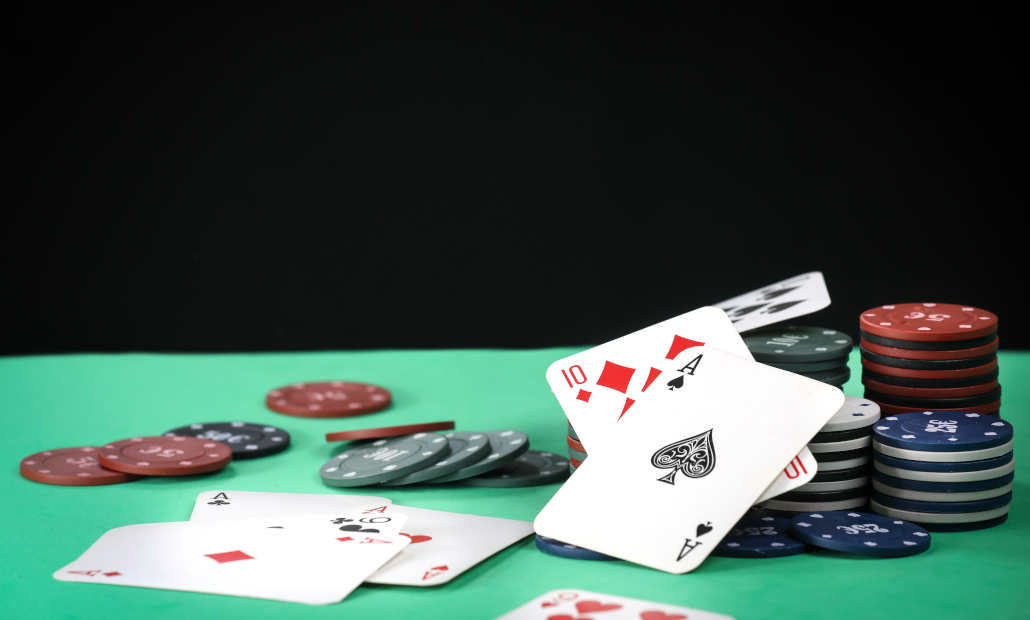
One of the most important things to remember is that poker is a game of skill, not luck. While luck may play a role in any given hand's outcome, your skill as a player will ultimately determine your long-term success.
This means you must focus on honing your skills rather than relying on lady luck. One way to do this is to study the game as much as possible.
Read books and articles on strategy, watch training videos, and talk to other experienced players to learn as much as possible.
It would help if you tried to get in as many hands of poker as possible, both online and offline. The more you play, the better you’ll become at making the right decisions under pressure.










